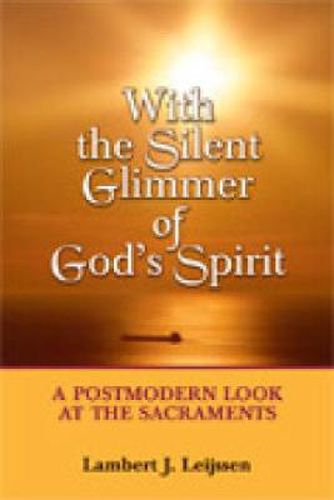Readings Newsletter
Become a Readings Member to make your shopping experience even easier.
Sign in or sign up for free!
You’re not far away from qualifying for FREE standard shipping within Australia
You’ve qualified for FREE standard shipping within Australia
The cart is loading…






Distinguished professor and theologian Lambert J. Leijssen’s book gives a comprehensive yet concise account of recent (post-Schillebeeckx and Rahner) developments in sacramental theology, in the context of postmodern thinking. In our postmodern world, with its suspicion of static and rigid categories, how can we think and speak about the sacraments? The author resolves this by using the concepts of gift and icon, both of which imply interaction between giver and recipient, between the thing looked at and the one looking.
The sacraments constitute a symbolic order and network that encompasses all important moments from birth to death in the life of the Christians in the community of the Church. As rituals of life they are metaphorical celebrations of faith in the Incarnation and the Paschal mystery of Jesus. Thus the author discusses the individual sacraments according to the usual categories of initiation, healing, and vocation. But he views these categories through the lens of their relation to everyday life, as well as the current realities faced by those responsible for administering the sacraments.
The book concludes with ecumenical perspectives for the celebration of the sacraments in agreement with the Eastern churches and the churches of the Protestant Reformation.
$9.00 standard shipping within Australia
FREE standard shipping within Australia for orders over $100.00
Express & International shipping calculated at checkout
Distinguished professor and theologian Lambert J. Leijssen’s book gives a comprehensive yet concise account of recent (post-Schillebeeckx and Rahner) developments in sacramental theology, in the context of postmodern thinking. In our postmodern world, with its suspicion of static and rigid categories, how can we think and speak about the sacraments? The author resolves this by using the concepts of gift and icon, both of which imply interaction between giver and recipient, between the thing looked at and the one looking.
The sacraments constitute a symbolic order and network that encompasses all important moments from birth to death in the life of the Christians in the community of the Church. As rituals of life they are metaphorical celebrations of faith in the Incarnation and the Paschal mystery of Jesus. Thus the author discusses the individual sacraments according to the usual categories of initiation, healing, and vocation. But he views these categories through the lens of their relation to everyday life, as well as the current realities faced by those responsible for administering the sacraments.
The book concludes with ecumenical perspectives for the celebration of the sacraments in agreement with the Eastern churches and the churches of the Protestant Reformation.